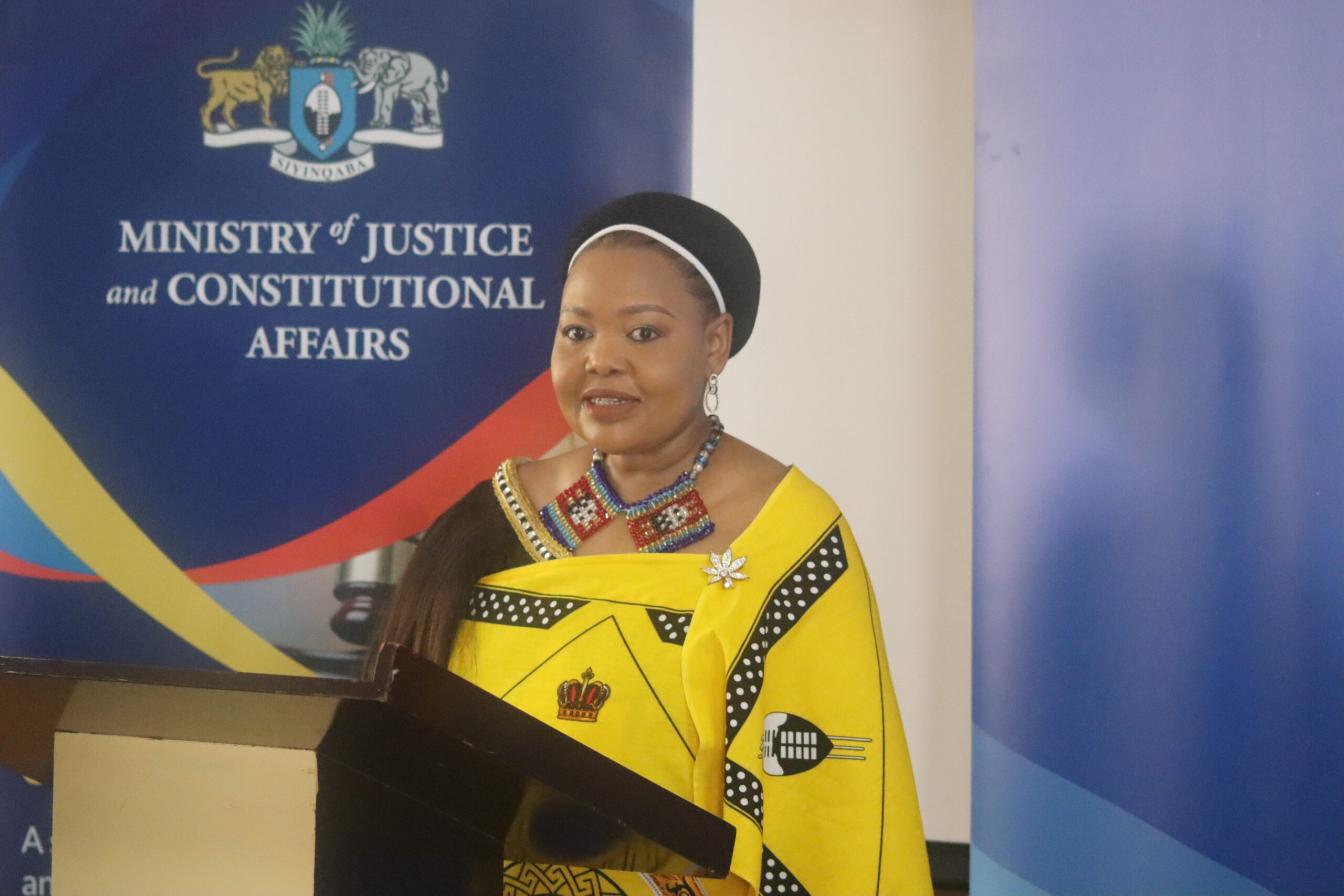
By Bahle Gama
MINISTER of Justice and Constitutional Affairs Pholile Shakantu says to achieve global gender equality in migration, it is imperative to develop and implement policies and programmes responsive to gender-specific needs.
Minister Shakantu was virtually speaking during a side event of the UNGA78: Gender, Migration, and the SDGs: GenMig Insights from developing countries on Wednesday. She said the development of these programmes can only be achieved through an evidence-based approach, which considers the perspectives of origin, transit, and destination countries.
“Such inclusive perspectives are especially crucial in the context of realizing the Sustainable Development Goals,” Shakantu said. The Minister said reducing the costs of international remittances has significant gender implications, especially considering that research has shown women migrant workers often play a vital role in driving human development within their communities.
According to Shakantu, it has been found that women tend to remit a higher proportion of their wages compared to their male counterparts, underscoring their contribution to economic stability and growth.
She further emphasized that the issues of gender and migration are primarily matters of human rights that must be upheld, protected, and fulfilled for everyone, free from any form of discrimination.
ALSO READ: ‘Public shows keen interest in the tourist train experience’
Minister Shakantu said the Kingdom of Eswatini has fully ratified the International Convention on the Elimination of All Forms of Discrimination against Women, along with other key human rights agreements, including the two International Covenants and the International Convention on the Elimination of All Forms of Racial Discrimination.
These fundamental instruments are duly integrated into Eswatini’s legislative and administrative systems to ensure their effective implementation. “Nevertheless, we firmly believe that there is much more that can be accomplished in this domain, particularly in gaining a deeper understanding of how gender shapes the experiences and vulnerabilities of migrants,” Shakantu said.
She elaborated further that as a government, they have long recognized the importance of research in informing policies, programming, and responses. For that, she commended the IOM Gender and Migration Research Policy Action Lab, as it serves as an exceptional initiative aimed at bringing about impactful change towards gender equality in migration and mobility.
She further extended her delight to being part of the virtual side of the event by IOM to discuss a topic that holds immense significance for the country as well as the Ministry. She also applauded the IOM for spearheading the GenMig initiative which she said is a unique endeavour that not only draws upon existing evidence on gender and migration but also acknowledges the value and efficacy of partnerships with various stakeholders. “By joining forces, we can enhance the effectiveness of our collective actions,” she added.


